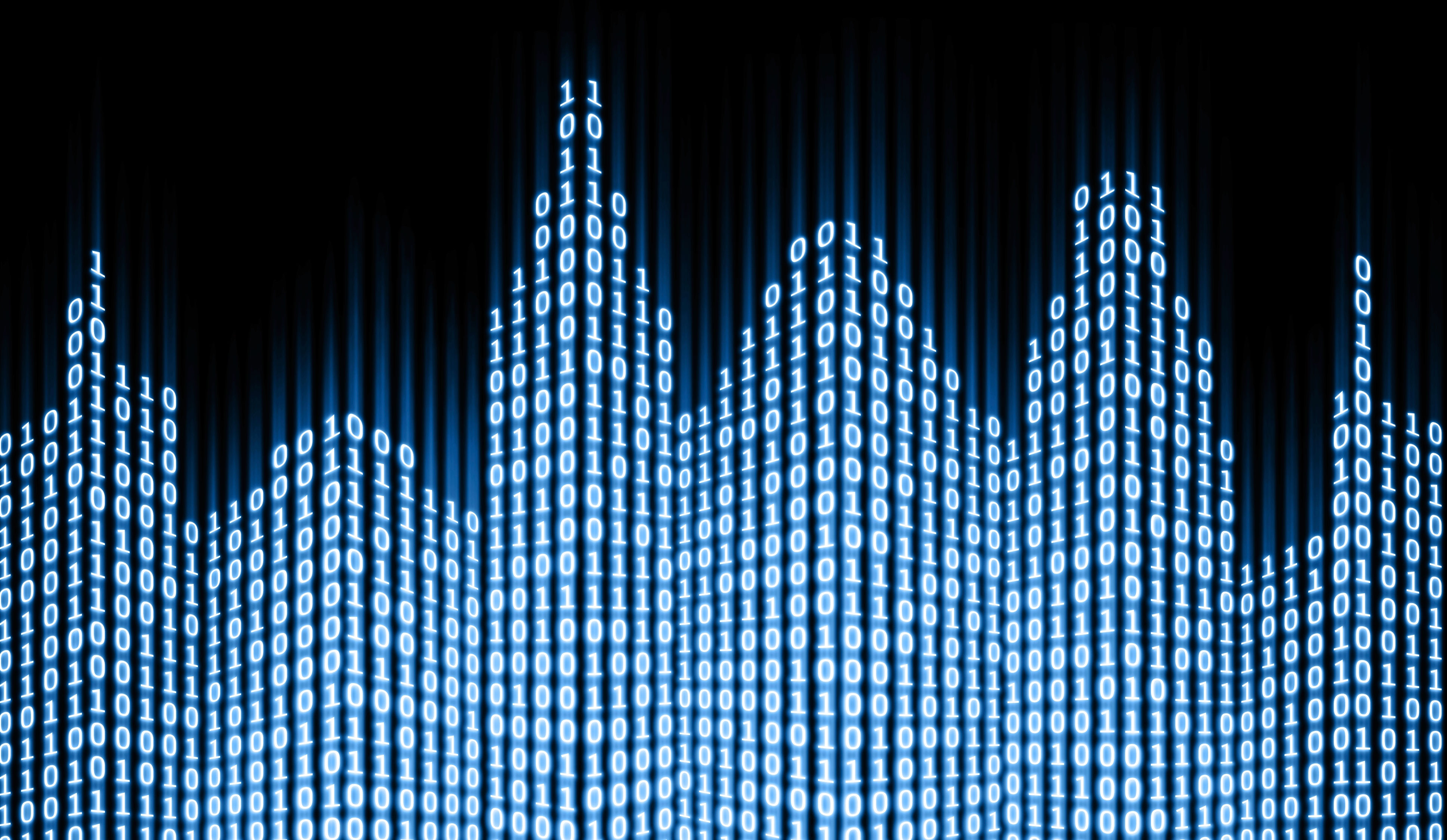posted on Jun 30, 2016 by Mike Smart

Smart Cities is one of the fastest growing segments within the burgeoning internet of things (IoT) outsourcing market. Currently worth just ~$140m, NelsonHall forecasts the global market for Smart Cities IoT outsourcing to grow by 75% CAGR over the next five years, taking it to ~$2.15bn by 2020.
IoT is being applied in commercial buildings and homes, and in urban infrastructures such as utilities and traffic management. IoT integrated into urban infrastructures will enable cities to gather, store and share data about how citizens interact with the city, with the aim of increasing efficiency through better control of the environment. This can take many forms: for example, in the case of Smart Streets, IoT can be used to monitor vehicles, gathering data such as speed, direction, license details, and number of passengers. Using cognitive computing and big data analysis, traffic flow can be improved and streets can be made safer and be better designed.
When combined with the use of connected vehicles, the entire road network can be transformed. Research conducted by MIT’s Senseable City Lab looked at the use of intelligent slot-based road intersections which automatically adjust vehicle speeds to coordinate arrivals at intersections and remove the need to stop and wait at traffic lights. While this reduces average journey time per car, secondary benefits include reduced pollution and less vehicle wear and tear.
Similar thinking can be applied to other city infrastructures such as sewage and water treatment, parking, and street lighting.
In buildings, efficiencies can be made by better understanding energy usage within the building and relaying this information to building control systems. In one case, TCS implemented an IoT-based solution into large industrial cooling units for an Indian building owner. By monitoring the coolers’ flow rates, inlet and output temperatures, and equipment status (in addition to temperature throughout the building and the local weather conditions) TCS was able to achieve energy savings of around 4%, in addition to reducing the chiller downtime by 10%. TCS has enabled the solution to be reusable and to work for building heaters as well as coolers.
Additionally, safety and standard of living can benefit from IoT through the use of connected smoke alarms, door locks, and smart lighting, windows and blinds.
While the consumer market has been relatively slow to integrate these technologies into buildings, the commercial market is growing faster, with capital investment in the integration of IoT solutions into existing building management systems starting to deliver returns.
Inhibitors to applying IoT much more widely across cities include the difficulty of coordinating across government agencies, and the constraints of outdated regulations. Hence, extensive Smart City development is for now limited to specific, focused initiatives such as:
- India’s Smart City Mission project to build 100 smart cities
- Dubai 2021, a smart city strategy including over 100 initiatives and a plan to transform 1,000 government services into smart services
- Barcelona’s smart metropolis strategy
- Australia’s Commonwealth Smart Cities Plan.
IT outsourcing vendors active in the Smart Cities space include:
- Accenture – working with Chicago CityWorks and Seattle for smart buildings
- CSS Corp – working to improve airport efficiencies and thermostats in retail buildings
- IBM – with its Smarter Cities challenge
- Dell – working with Fujian Province, China and an unnamed hotel to improve boiler efficiencies
- NIIT Technologies – working with an insurance provider to discover what electricals are in use in buildings
- PTC – working with All Traffic Solutions for connected traffic safety equipment
- Tech Mahindra – working on smart cities in Dubai, Milton Keynes (England), and a number of Indian cities
- TCS – providing building chiller/heater management and airport customer tracking
- Virtusa – working with an airport for customer tracking.
Smart City initiatives are emerging fast, and the related IoT outsourcing market is growing alongside. After E-Healthcare and Smart Retail, Smart Cities is the third fastest growing area of IoT adoption globally.



